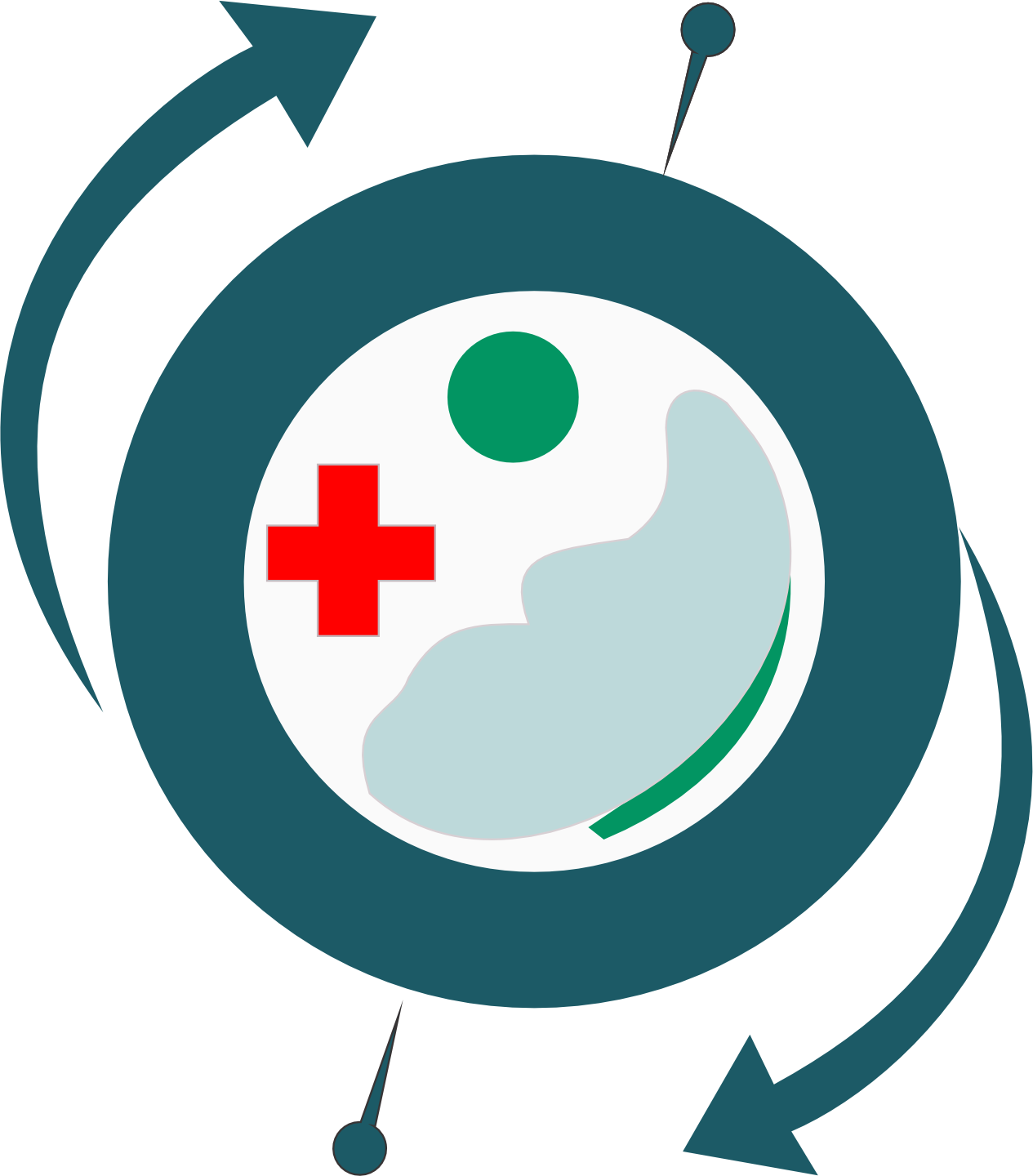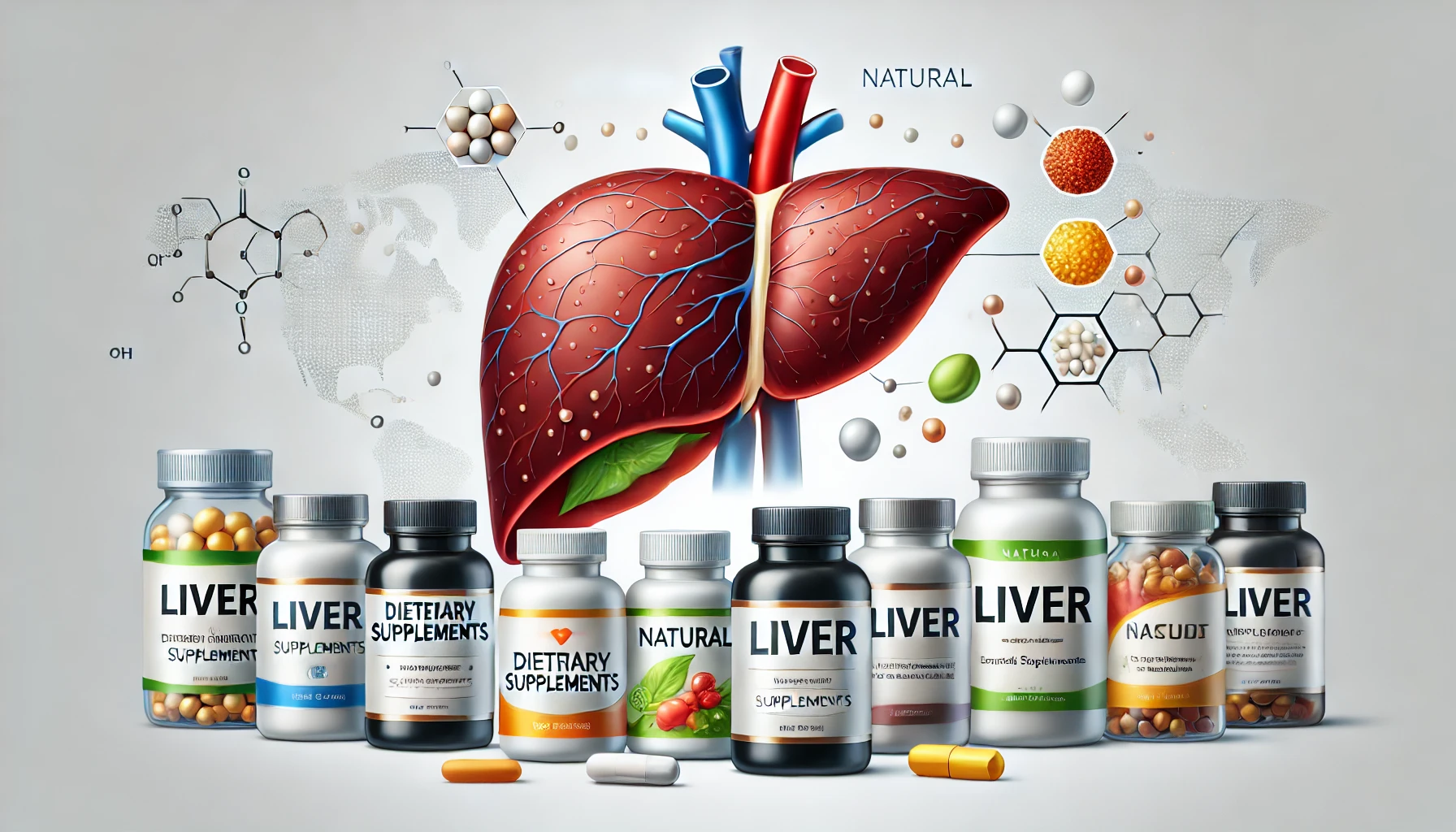The 6 Most Toxic Supplements for the Liver
The liver is one of the body’s most essential organs, responsible for filtering toxins and metabolizing substances we consume. However, the popularity of dietary supplements has led to a concerning increase in liver-related health issues. Many of these supplements, often perceived as natural and safe, can actually be harmful when taken in excess or without proper medical supervision.
This article reveals the 6 most toxic supplements for the liver and provides insights on how to protect your liver from unnecessary damage.
Why the Liver Is Vulnerable to Supplement Use
The liver processes everything that enters the bloodstream — including supplements. Unlike pharmaceutical drugs, many supplements are not subject to strict regulation, meaning they can contain harmful levels of active compounds or contaminants.
When the liver is overwhelmed by excessive or unknown substances, it can lead to inflammation, scarring (fibrosis), or even severe conditions like liver failure. The problem worsens when supplements are used in combination, as interactions between ingredients can amplify their hepatotoxic effects.
Moreover, individuals with pre-existing liver conditions or those taking medications are at greater risk, since the liver is already under stress.
The 6 Most Toxic Supplements for the Liver
1. Green Tea Extract (Capsules)
Green tea in its natural form is generally safe, but when concentrated into capsules, it becomes dangerous. These capsules are high in catechins, especially EGCG (epigallocatechin gallate), which can cause oxidative stress and inflammation in the liver. Several cases of toxic hepatitis have been linked to excessive green tea extract consumption, especially in weight loss supplements.
2. Garcinia Cambogia
Promoted as a natural fat-burning aid, Garcinia Cambogia contains hydroxycitric acid, which has been implicated in numerous cases of acute liver injury. Some patients have required liver transplants due to damage caused by this supplement. The risk increases significantly when taken in high doses or combined with other weight loss products.
3. Noni Juice
Derived from the Morinda citrifolia fruit, noni juice is marketed as an antioxidant-rich health drink. However, it has been associated with liver toxicity in several clinical reports. The anthraquinones present in noni are believed to contribute to liver damage, especially when consumed regularly.
4. Turmeric (Curcumin Supplements)
Turmeric, widely known for its anti-inflammatory benefits, can be harmful in large or concentrated doses. High doses of curcumin, the active compound in turmeric, have been linked to liver damage, especially in individuals with underlying health issues or those using other medications.
5. Red Yeast Rice
Red yeast rice is used to lower cholesterol levels but contains monacolin K, which is chemically similar to the statin drug lovastatin. This compound can elevate liver enzymes and cause liver toxicity, particularly when taken over long periods or in high doses.
6. Black Cohosh (Actaea racemosa)
Used for menopausal symptoms, black cohosh has been connected to several cases of liver injury, including hepatitis and liver failure. While not every user experiences these effects, the risk is significant enough that health authorities in several countries have issued warnings.
Symptoms of Liver Damage Caused by Supplements
![]()
Liver damage from supplements can develop silently or present acute symptoms. It’s important to recognize early signs of hepatotoxicity:
Persistent fatigue or weakness
Yellowing of the skin and eyes (jaundice)
Pain or discomfort in the upper right abdomen
Nausea and vomiting
Dark-colored urine
Pale or clay-colored stools
Loss of appetite
Itchy skin
If you experience any of these symptoms while using supplements, stop immediately and consult a healthcare provider.
How to Use Supplements Safely
![]()
To minimize risks and support liver health, follow these safe supplement practices:
1. Always Consult a Healthcare Professional
Before starting any supplement, consult a doctor or nutritionist. They can assess your health condition, evaluate potential interactions, and recommend safe options.
2. Choose Reputable Brands
Select supplements from trusted brands that adhere to safety standards and are approved by regulatory agencies. Avoid unverified online sources or products with unclear labeling.
3. Stick to Recommended Dosages
Even natural substances can be harmful when taken in excess. Respect the dosage instructions and never exceed the recommended amounts without professional guidance.
4. Monitor Your Liver Health
Regular blood tests to check liver enzyme levels (ALT, AST, ALP) can help detect any early signs of liver stress. If you’re a frequent supplement user, make liver monitoring a routine.
5. Avoid Combining Multiple Supplements
Using multiple supplements at once increases the risk of adverse interactions. Focus on what’s necessary and avoid mixing products, especially those targeting weight loss or muscle gain.
Natural and Safe Alternatives to Support Liver Health
Supporting liver function doesn’t require risky supplements. Some natural and evidence-based alternatives can help maintain liver health:
Healthy Diet: A diet rich in vegetables, fruits, lean proteins, and whole grains supports detoxification and liver function.
Hydration: Drinking sufficient water helps flush toxins through the kidneys, reducing liver load.
Limit Alcohol: Reducing alcohol intake is crucial for preventing liver inflammation and fatty liver disease.
Exercise Regularly: Physical activity improves overall metabolism and reduces fat accumulation in the liver.
Liver-Friendly Foods: Incorporate garlic, beets, lemons, and green leafy vegetables into your meals.
Conclusion: Be Informed and Protect Your Liver
While supplements can provide health benefits, they can also pose serious risks, particularly to the liver. The 6 most toxic supplements for the liver highlighted in this article demonstrate that “natural” does not always mean “safe.”
To protect your liver:
Stay informed.
Consult professionals.
Choose quality products.
Monitor your health.
Your liver’s role in maintaining overall well-being is vital. Guard it wisely.
Eggs and liver health: Discover how eating eggs every day can positively impact your overall health, including liver function.
Learn more about the benefits of eating eggs every day
Natural support for your liver: Papaya leaf offers powerful natural benefits that may protect the liver and strengthen your immune system.
Discover the benefits of papaya leaf
For more global insights on liver health and hepatitis,
visit the World Health Organization’s dedicated page.


No responses yet